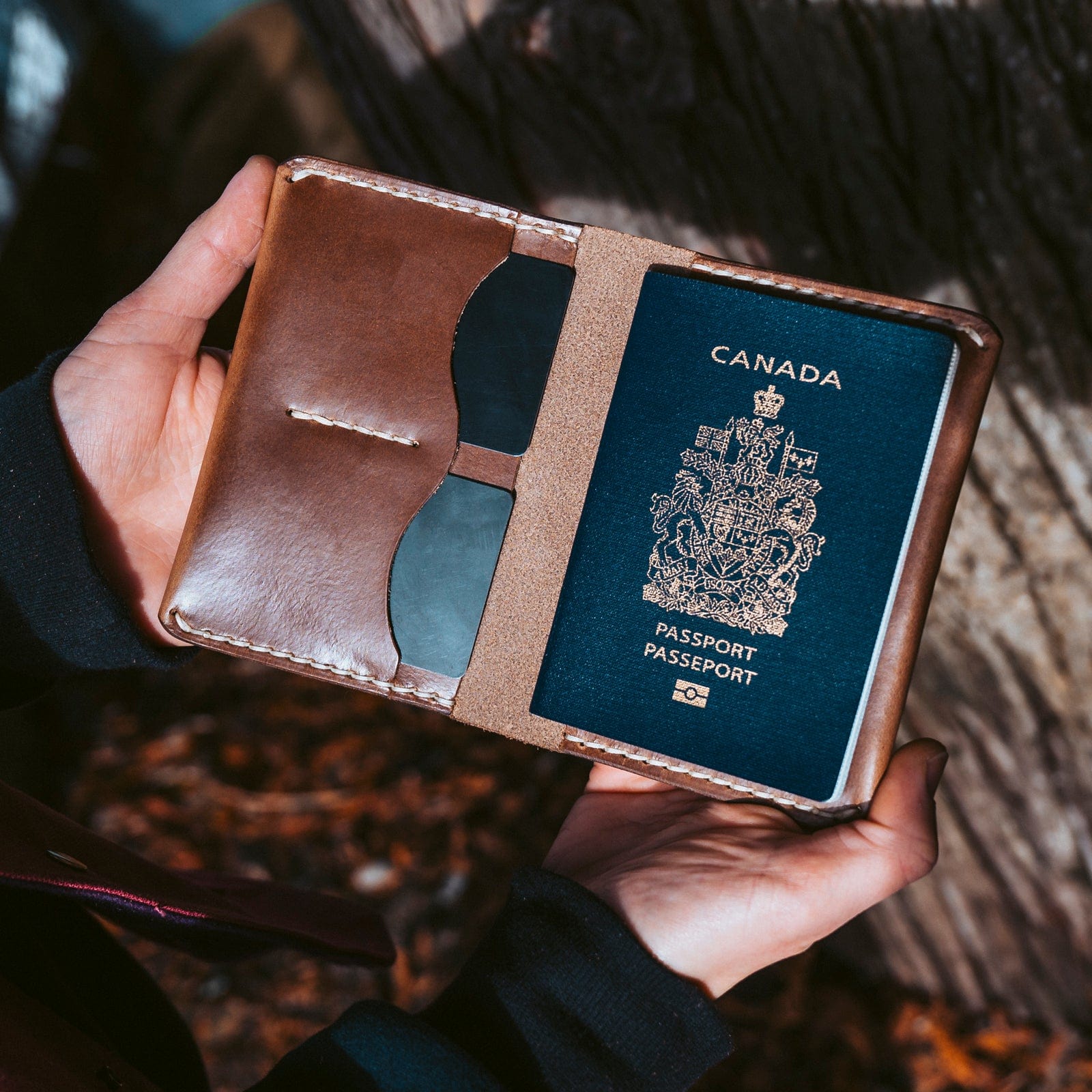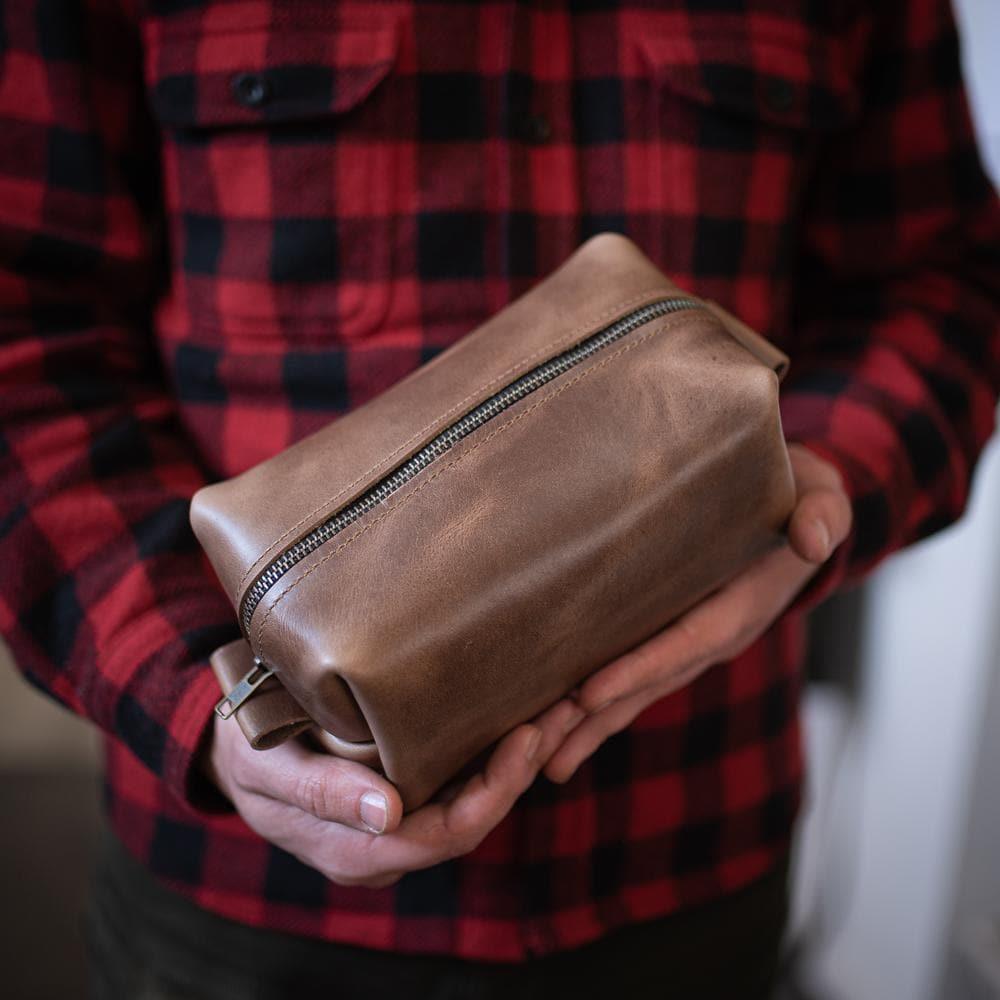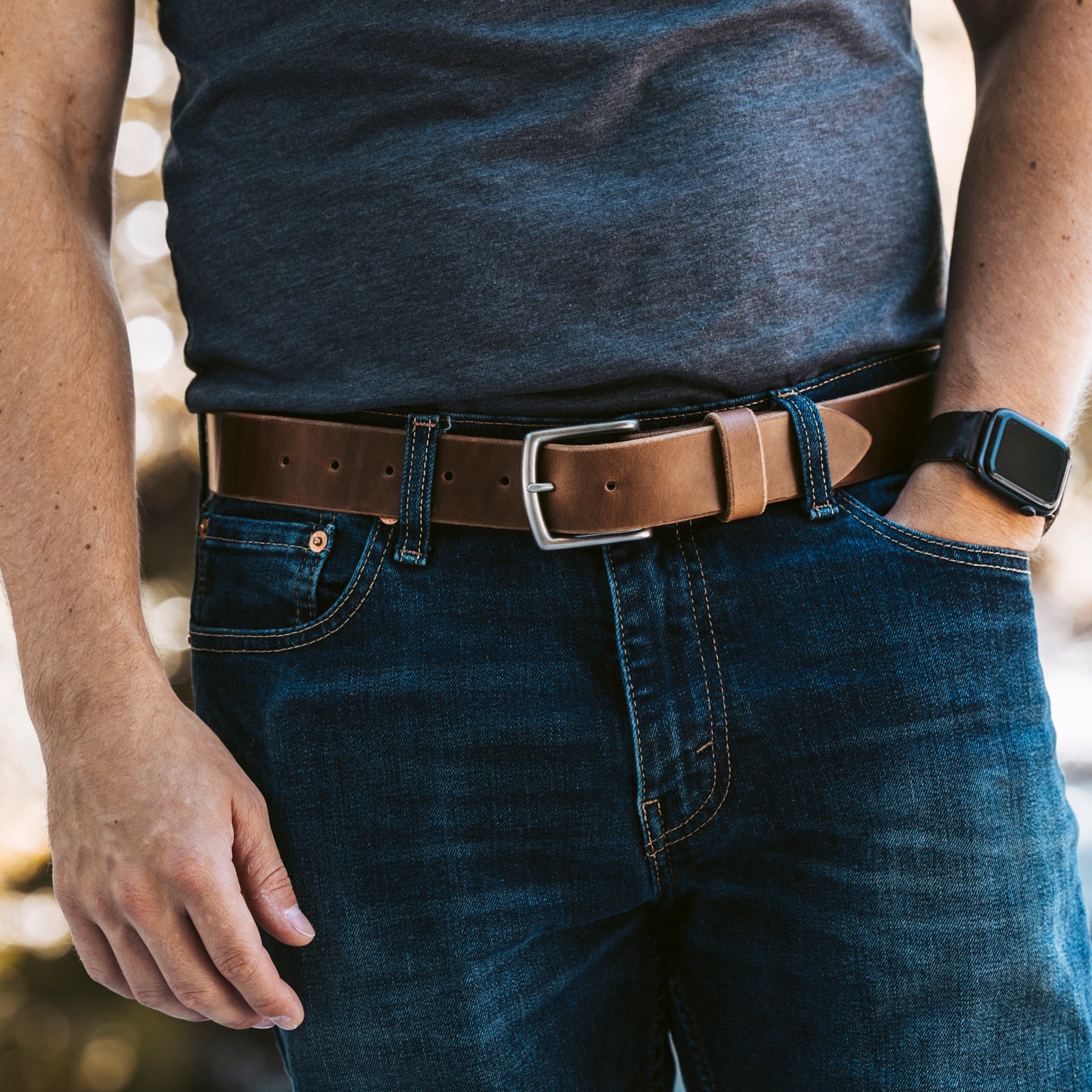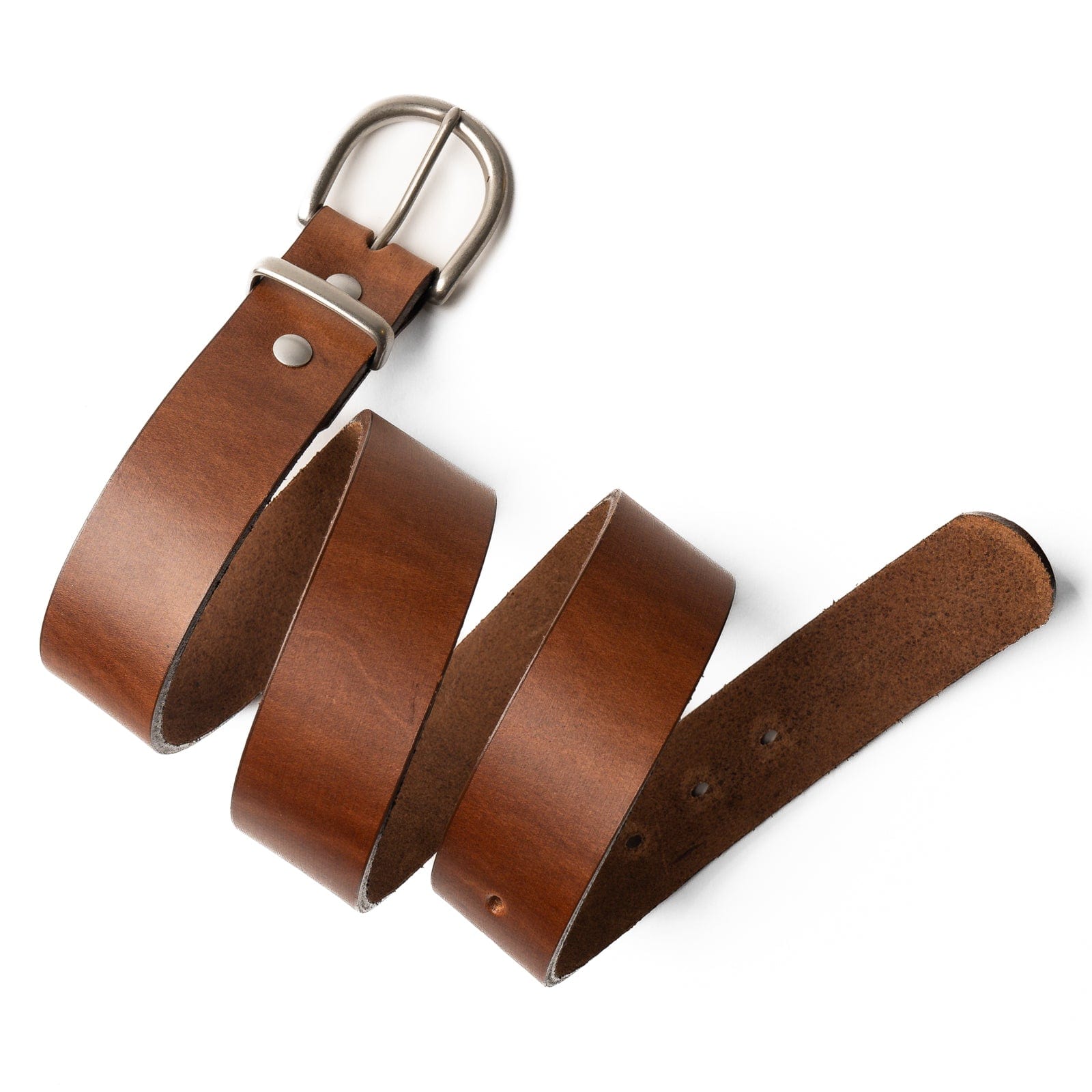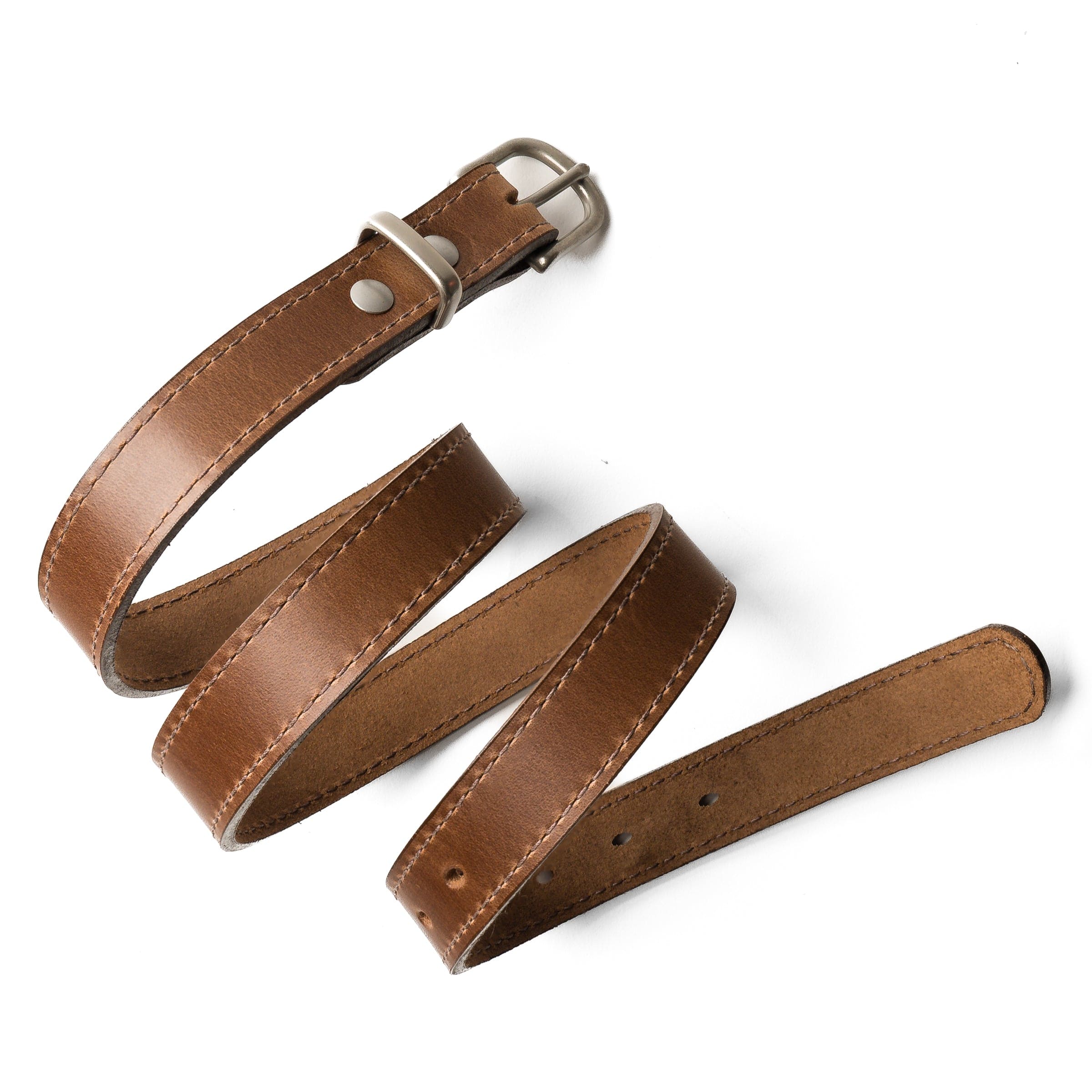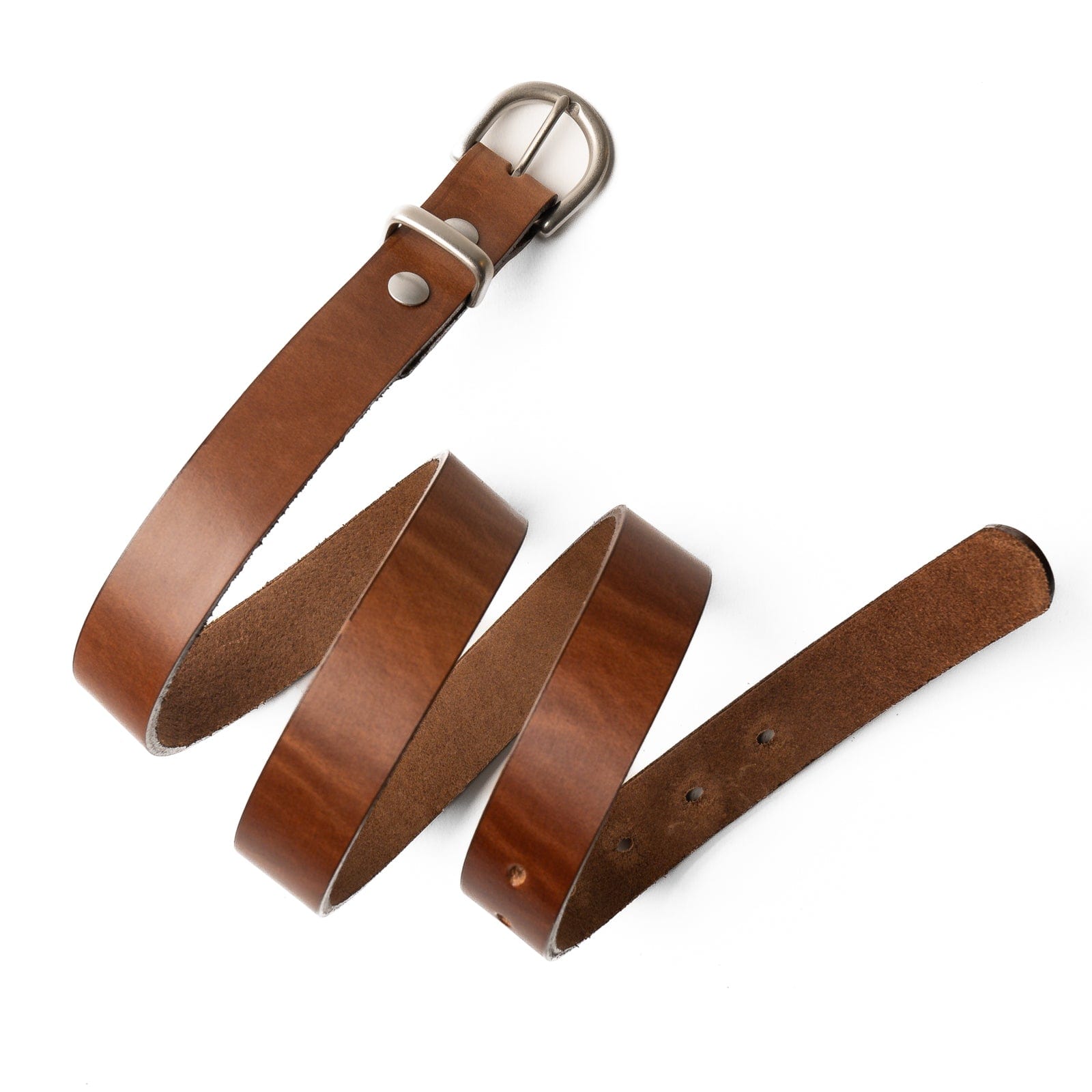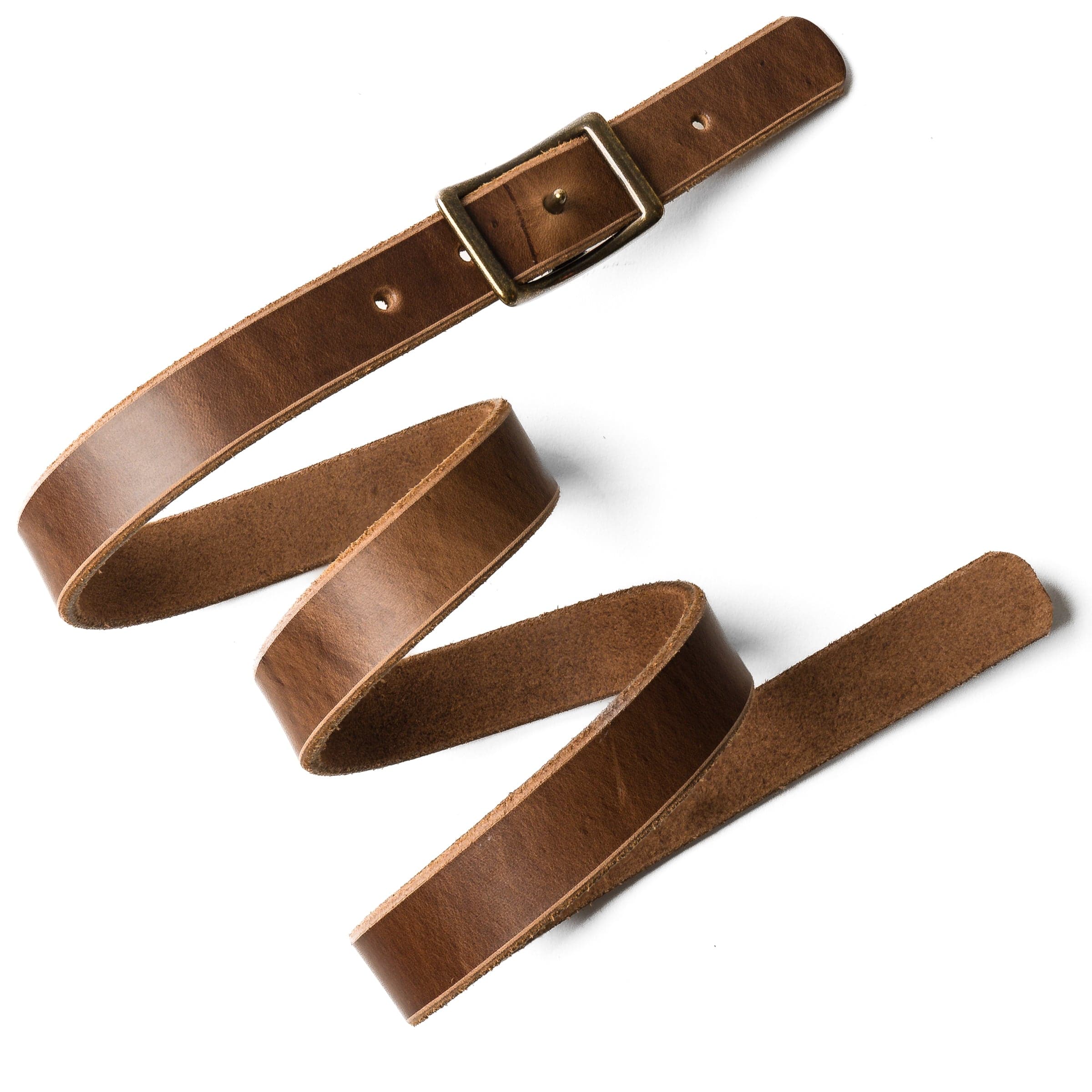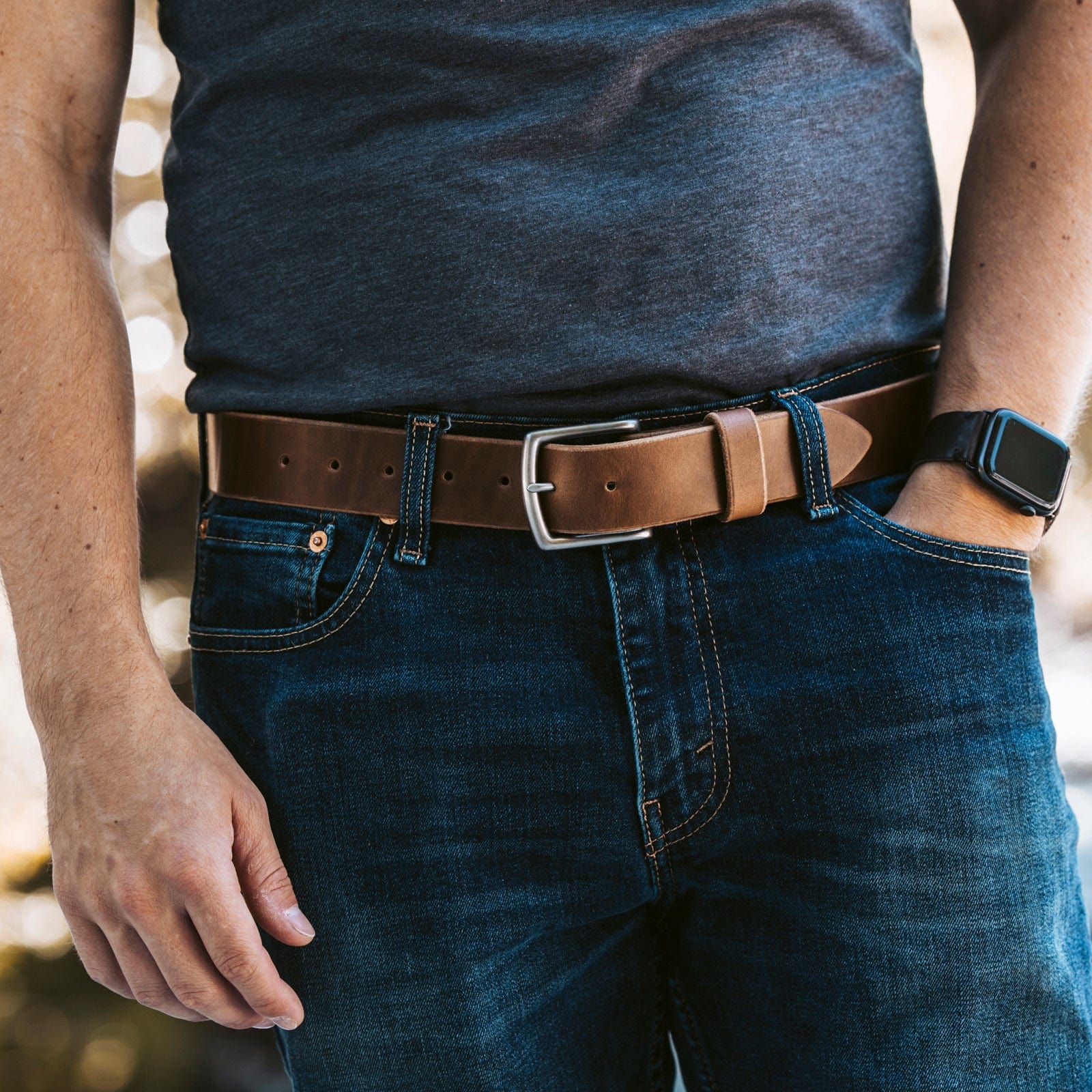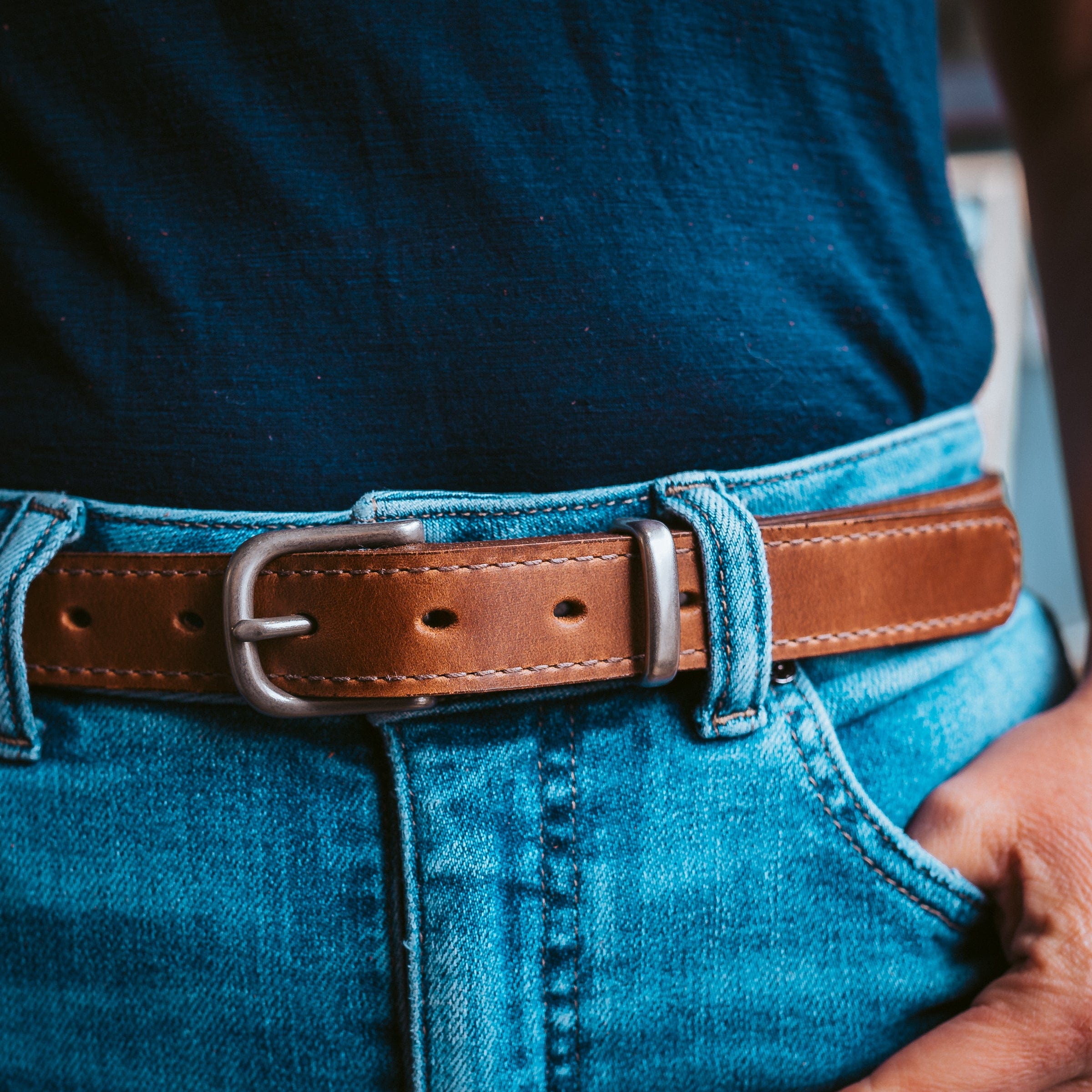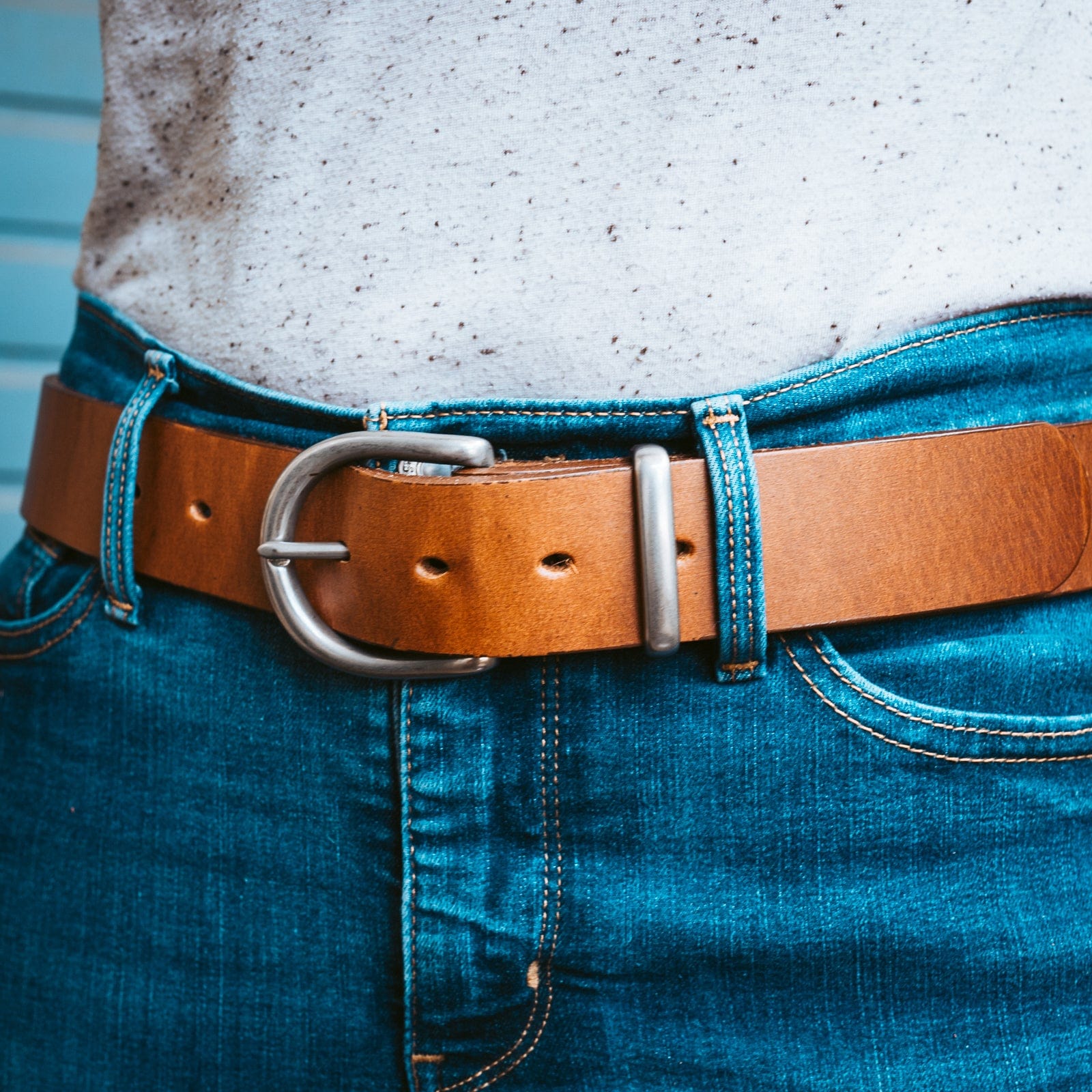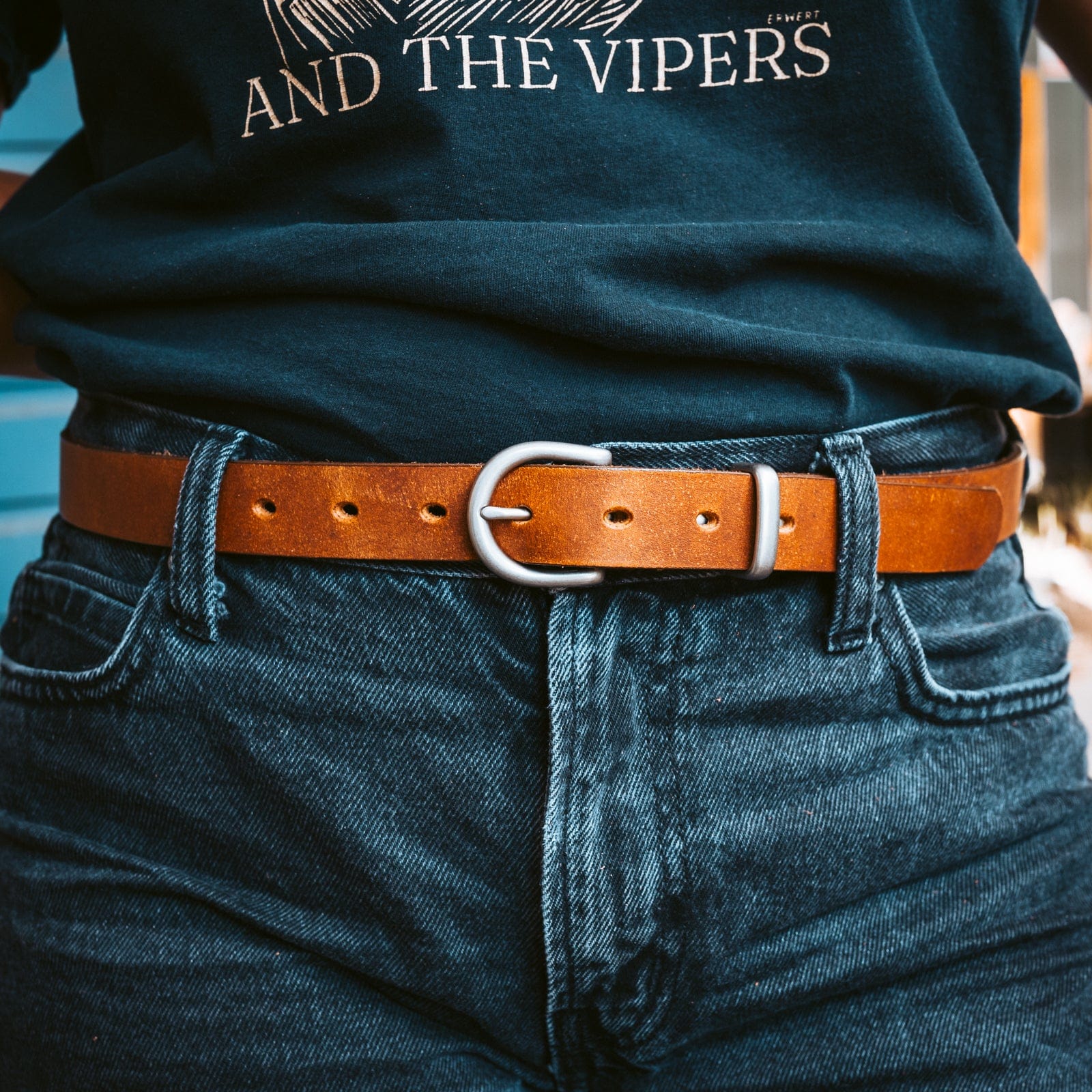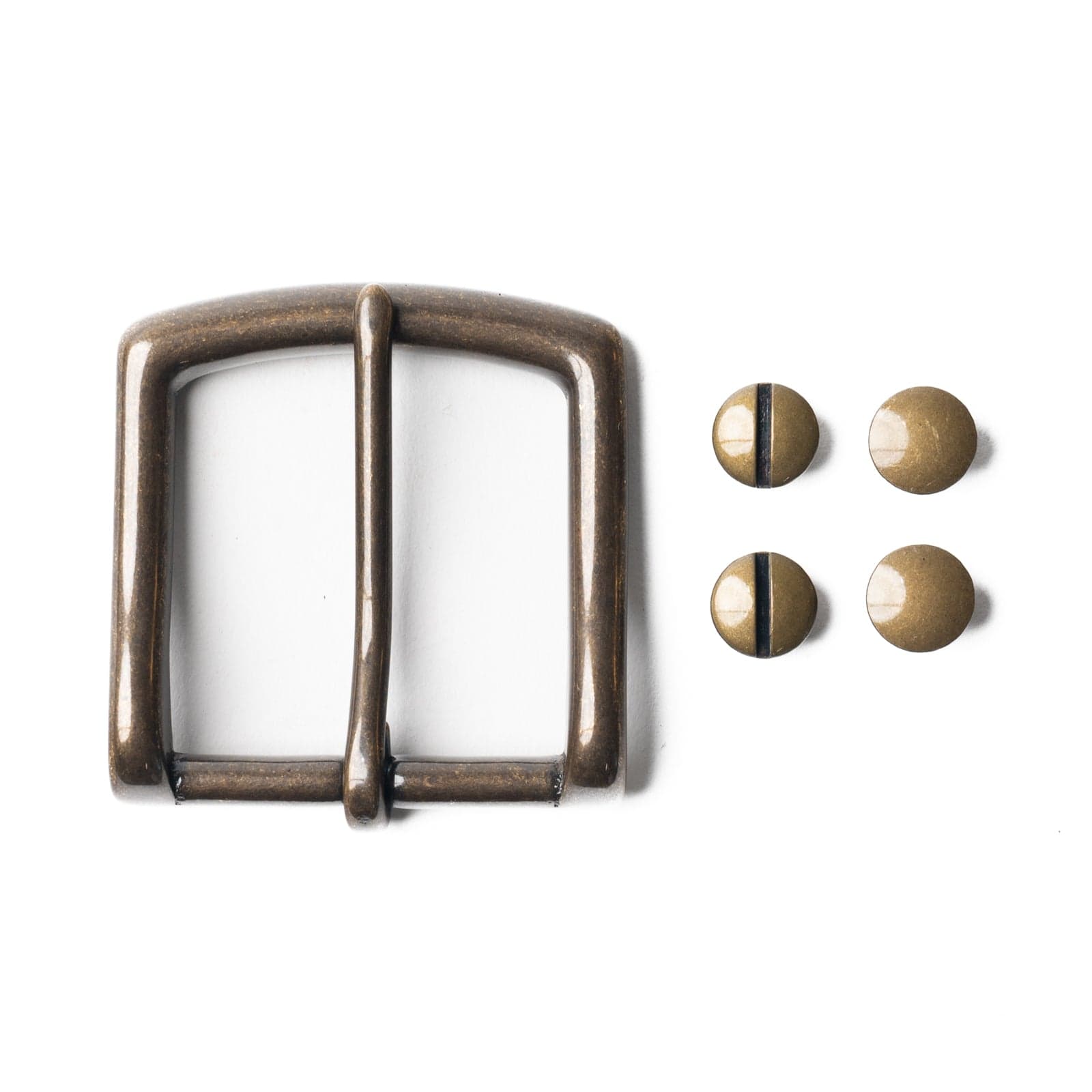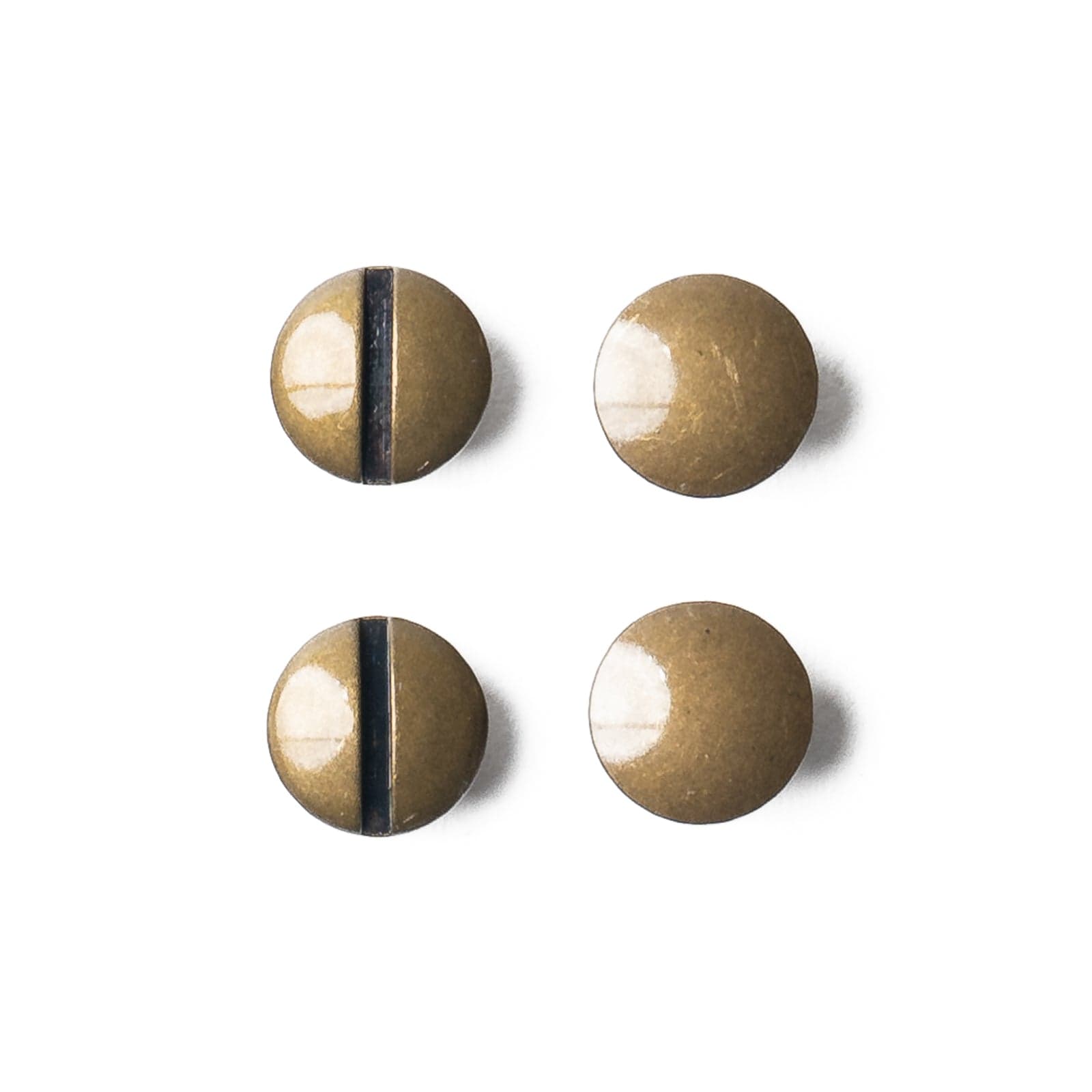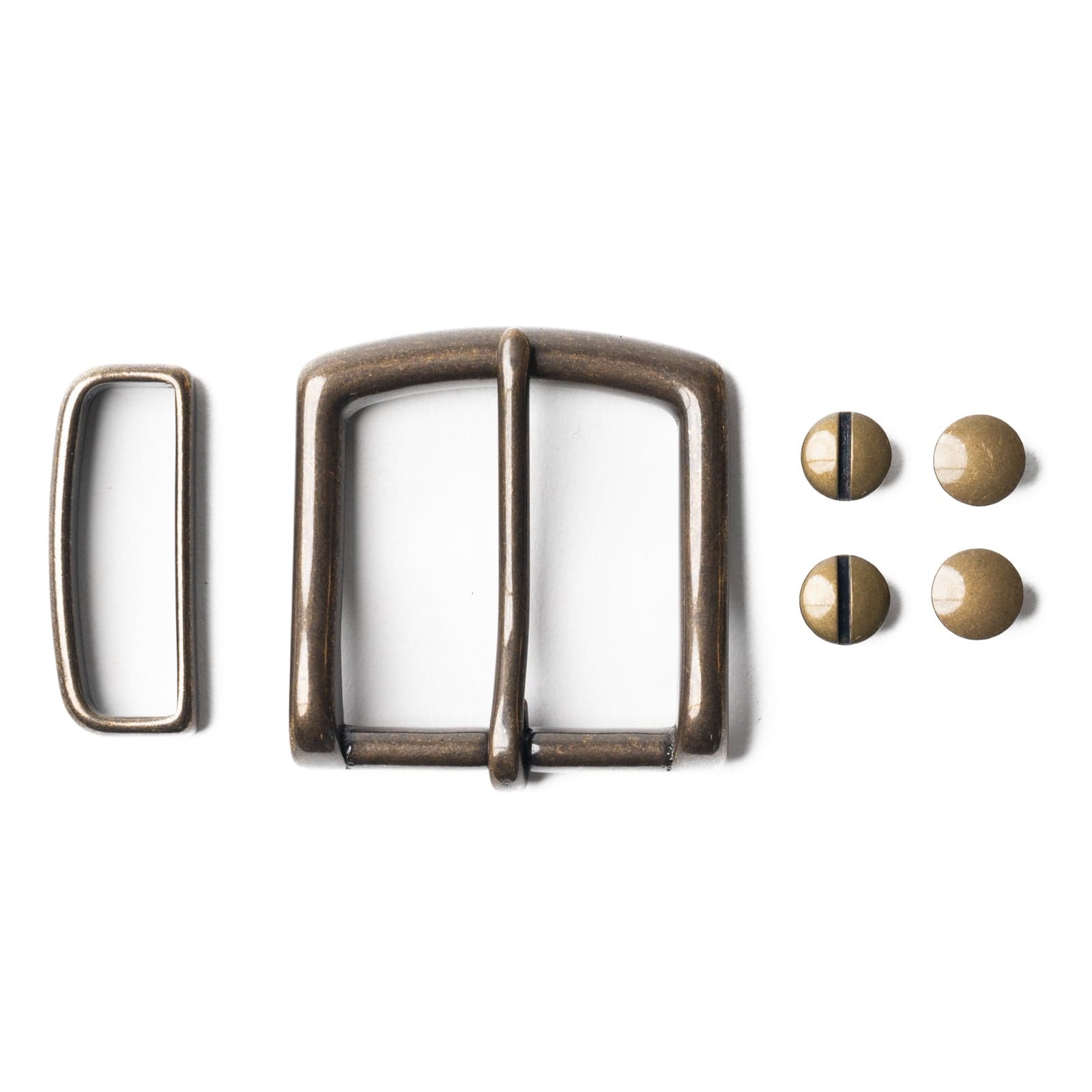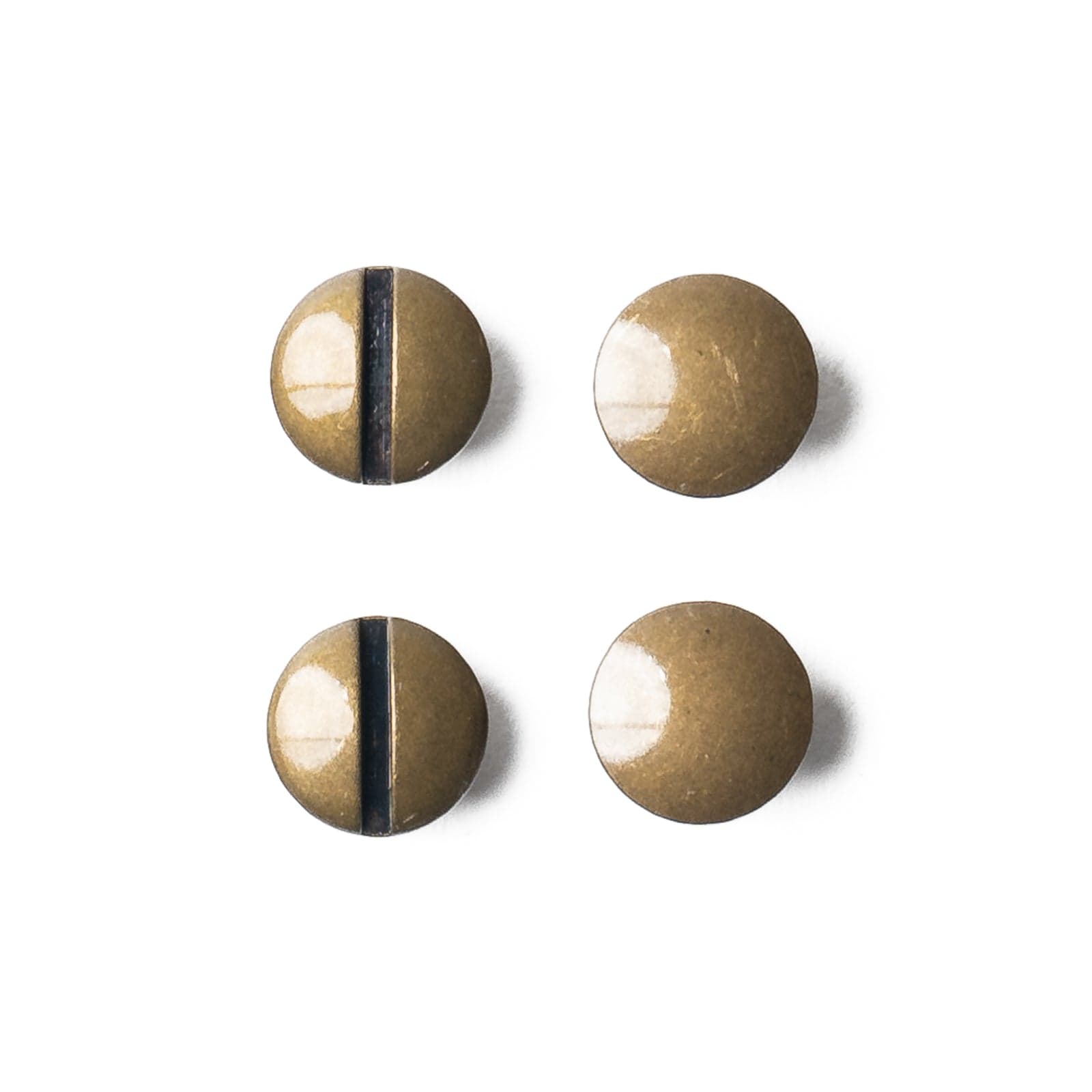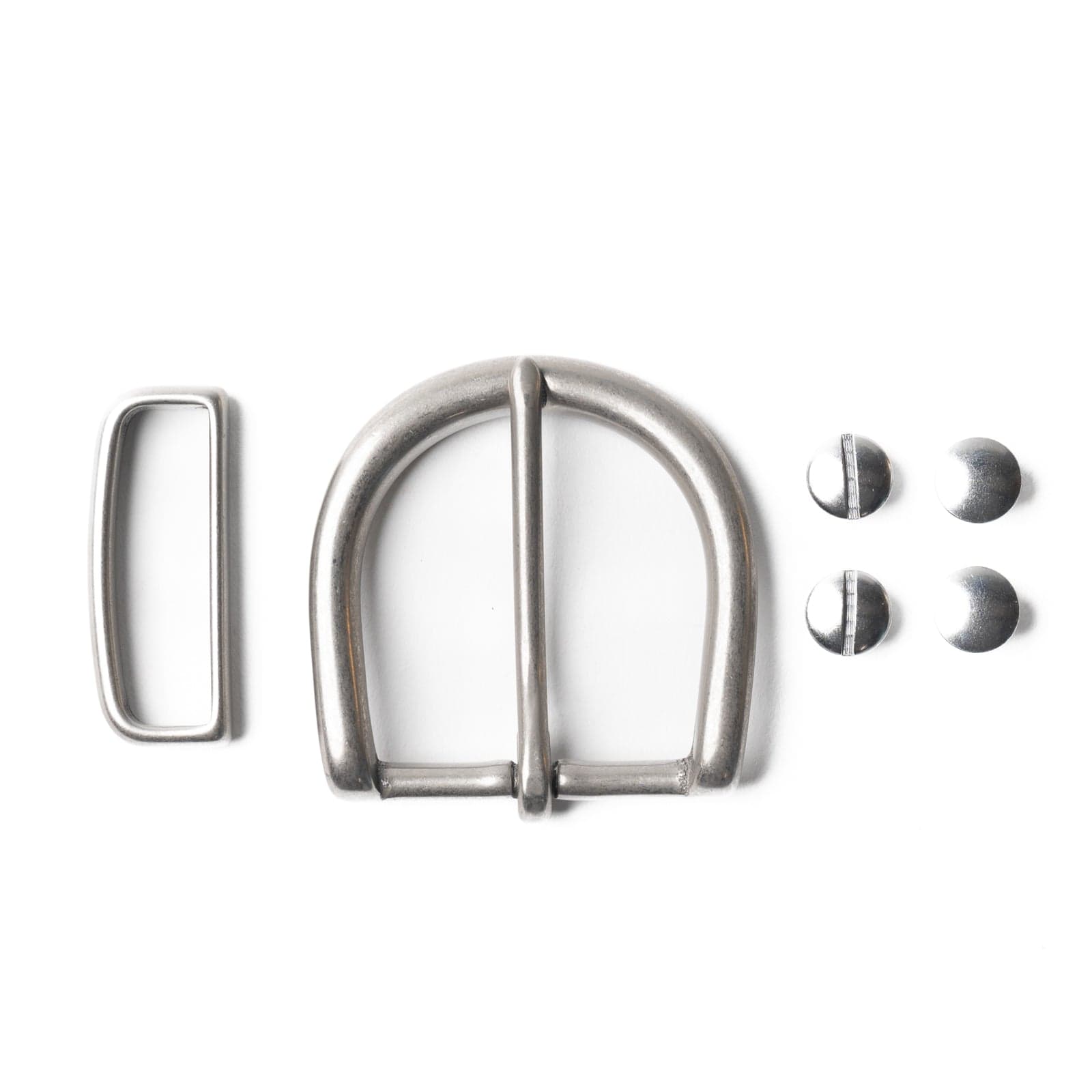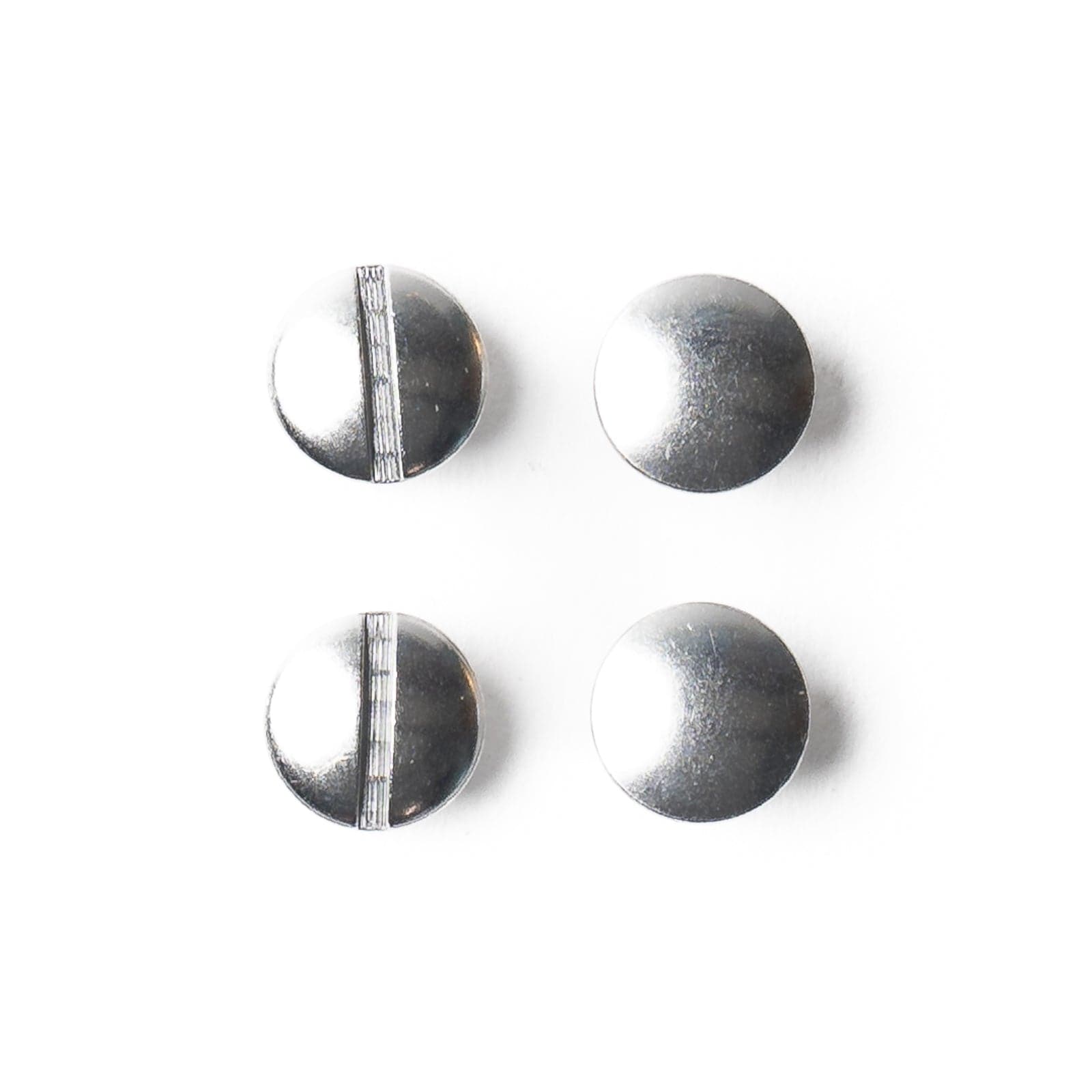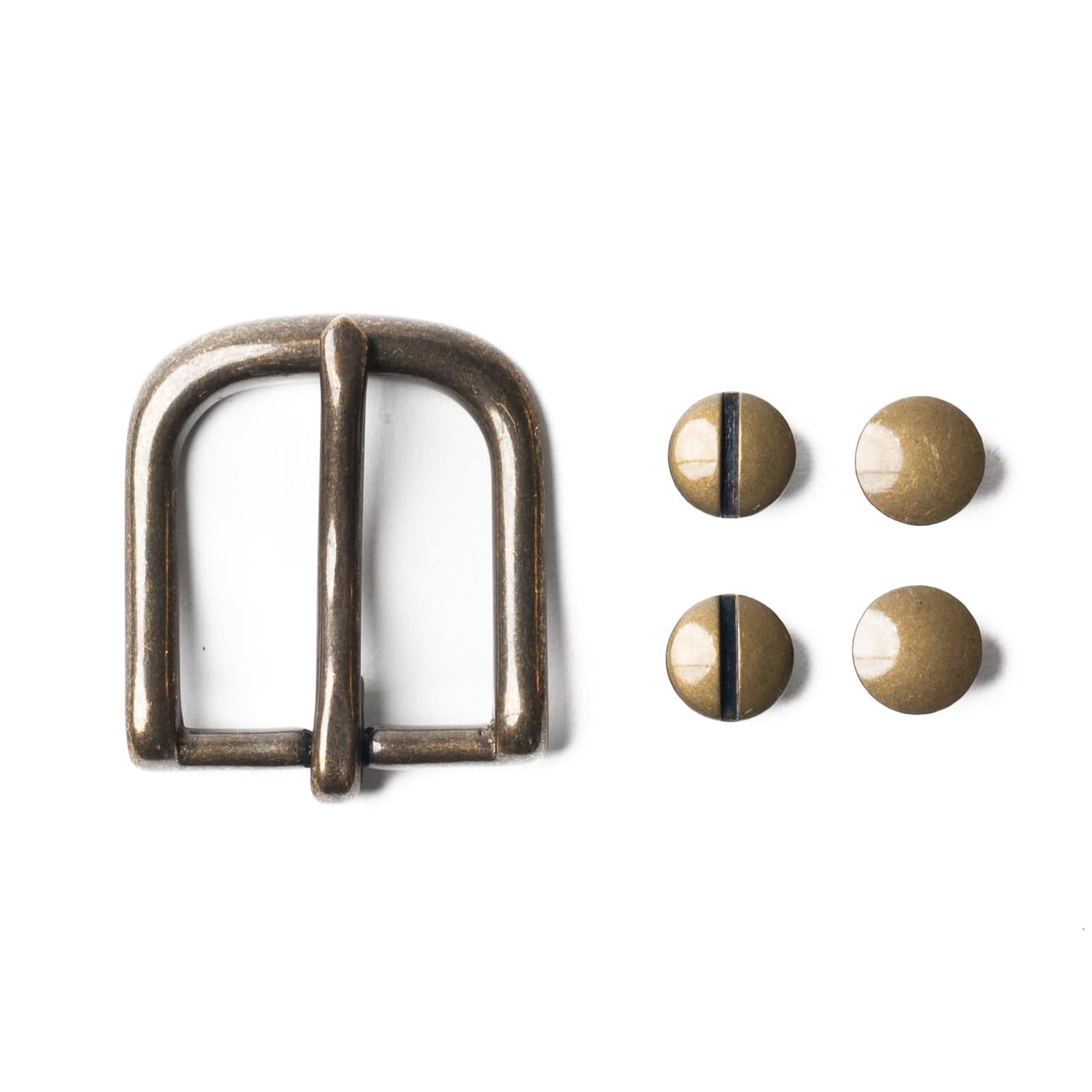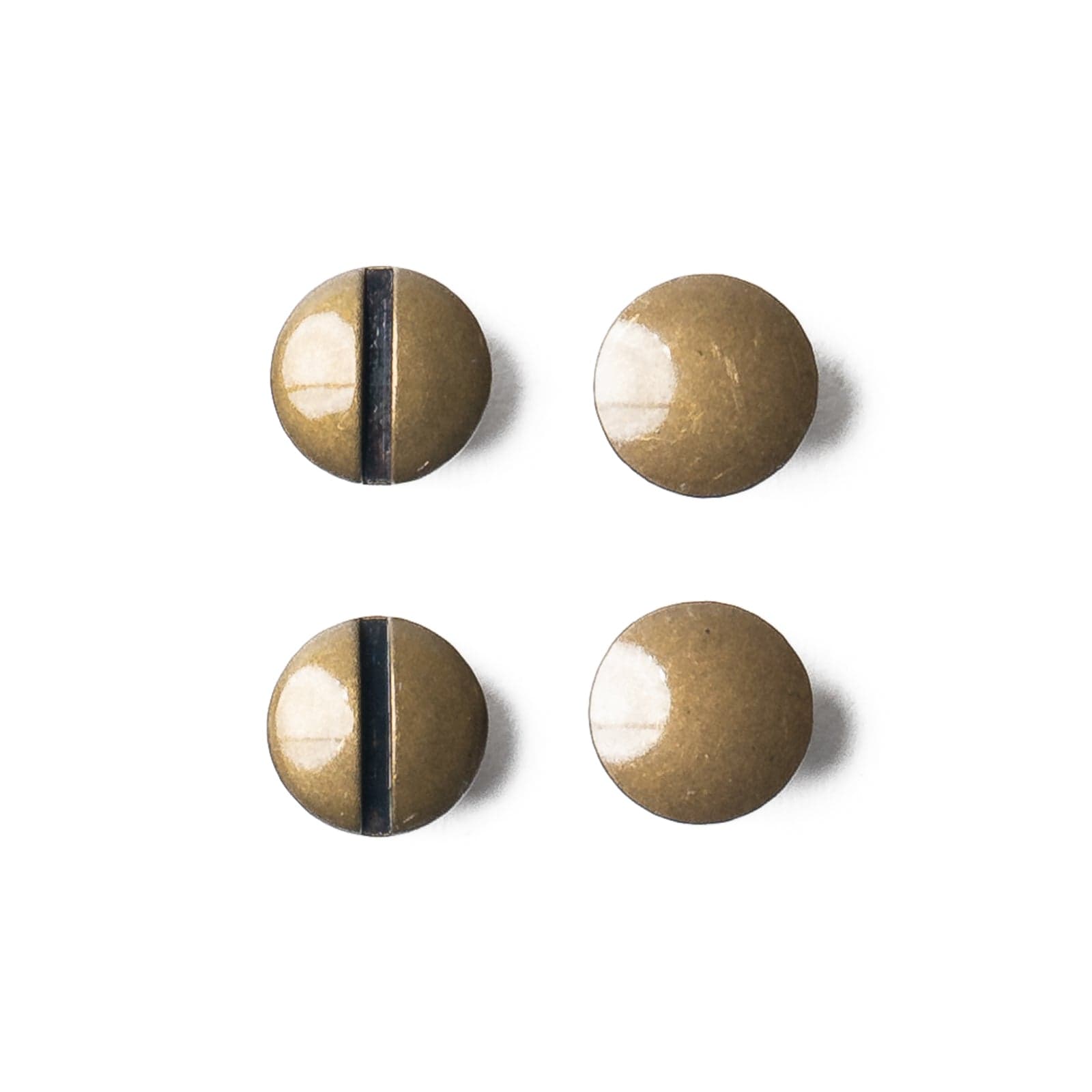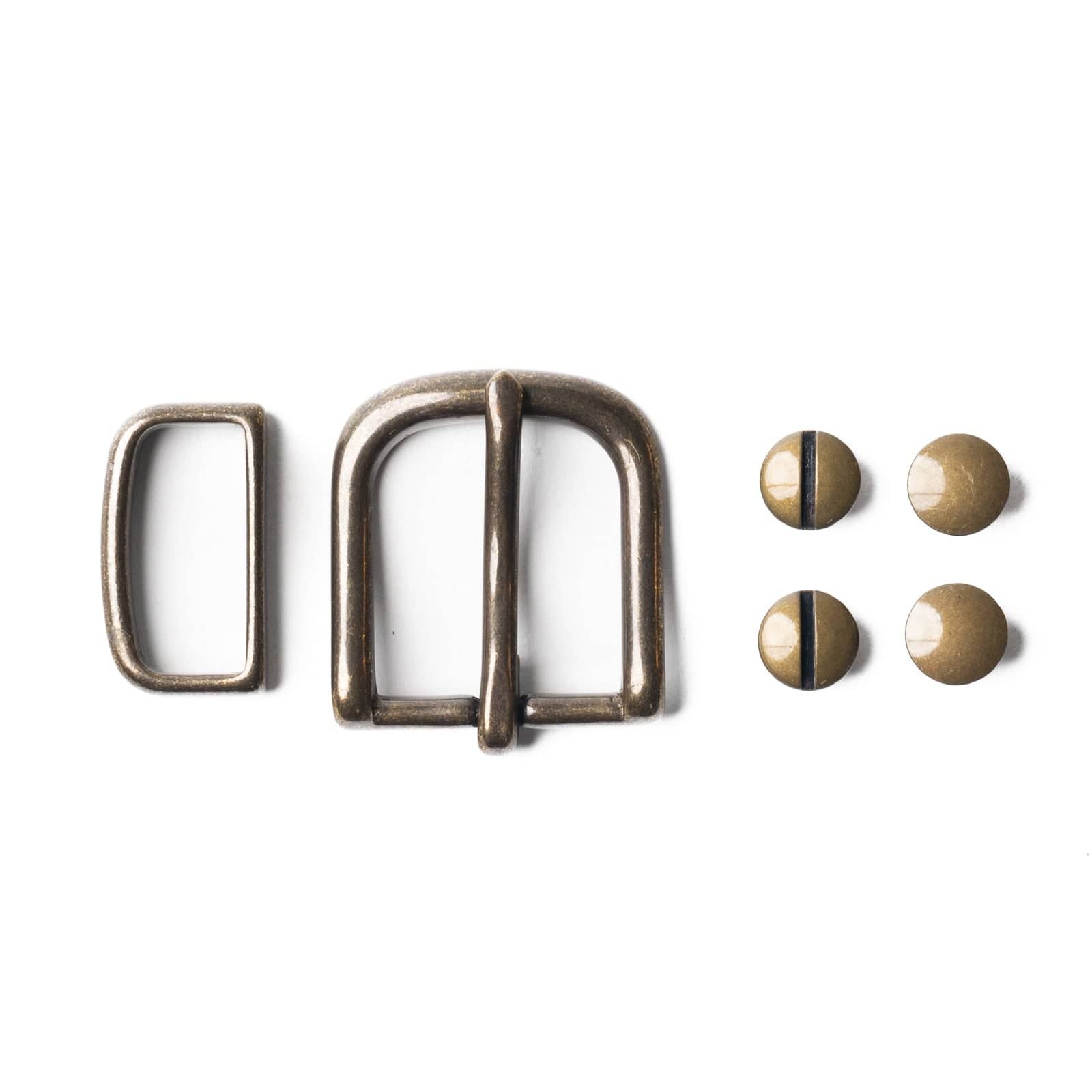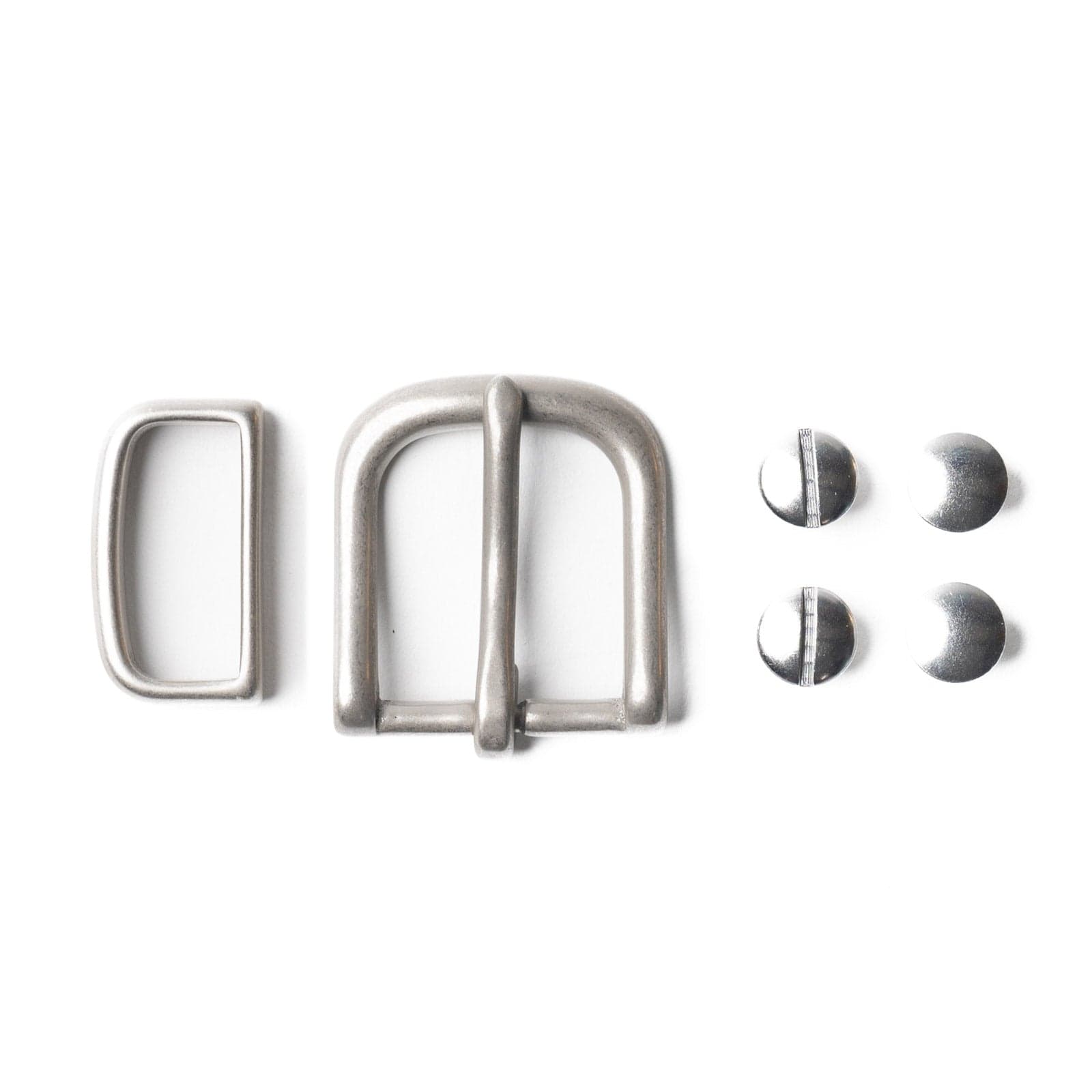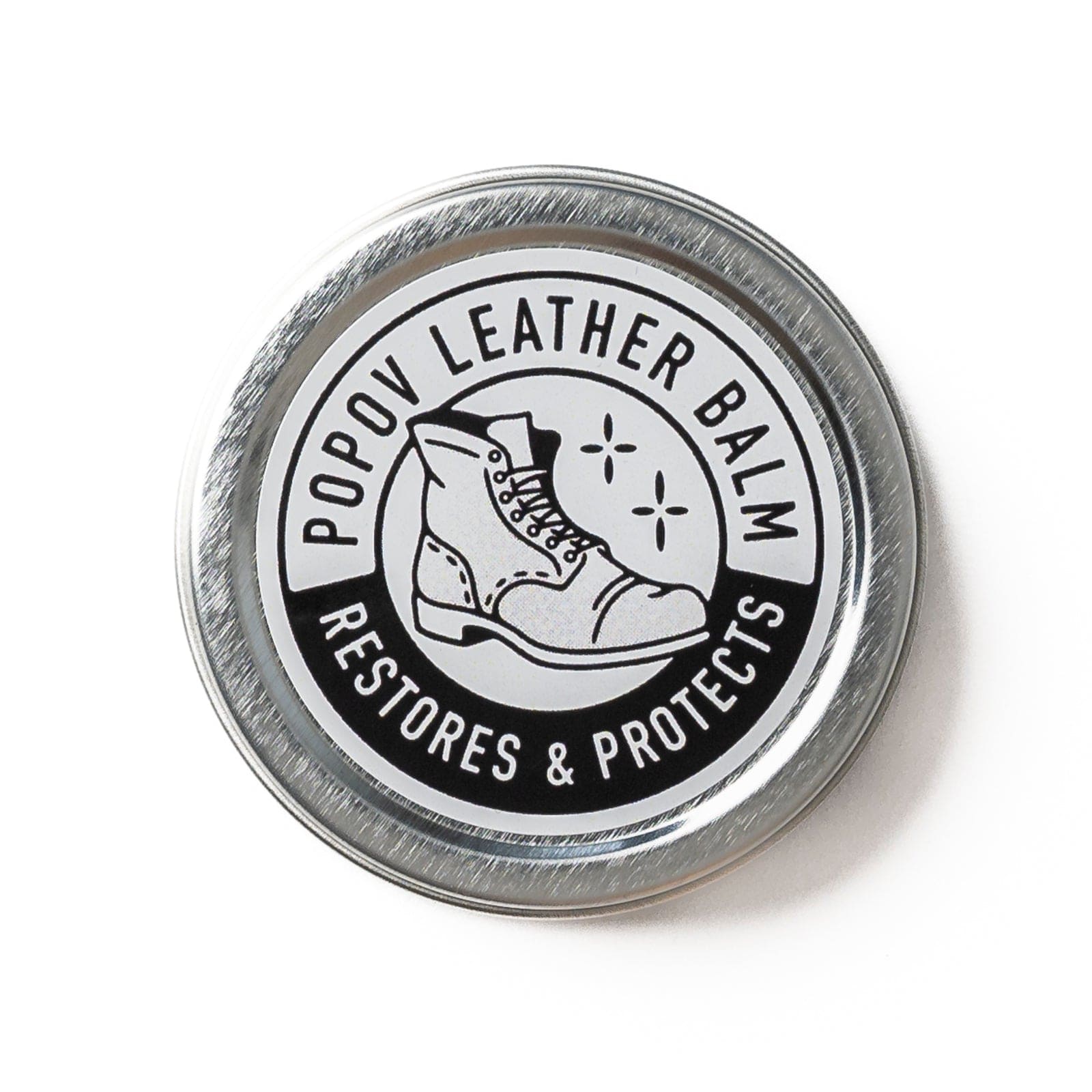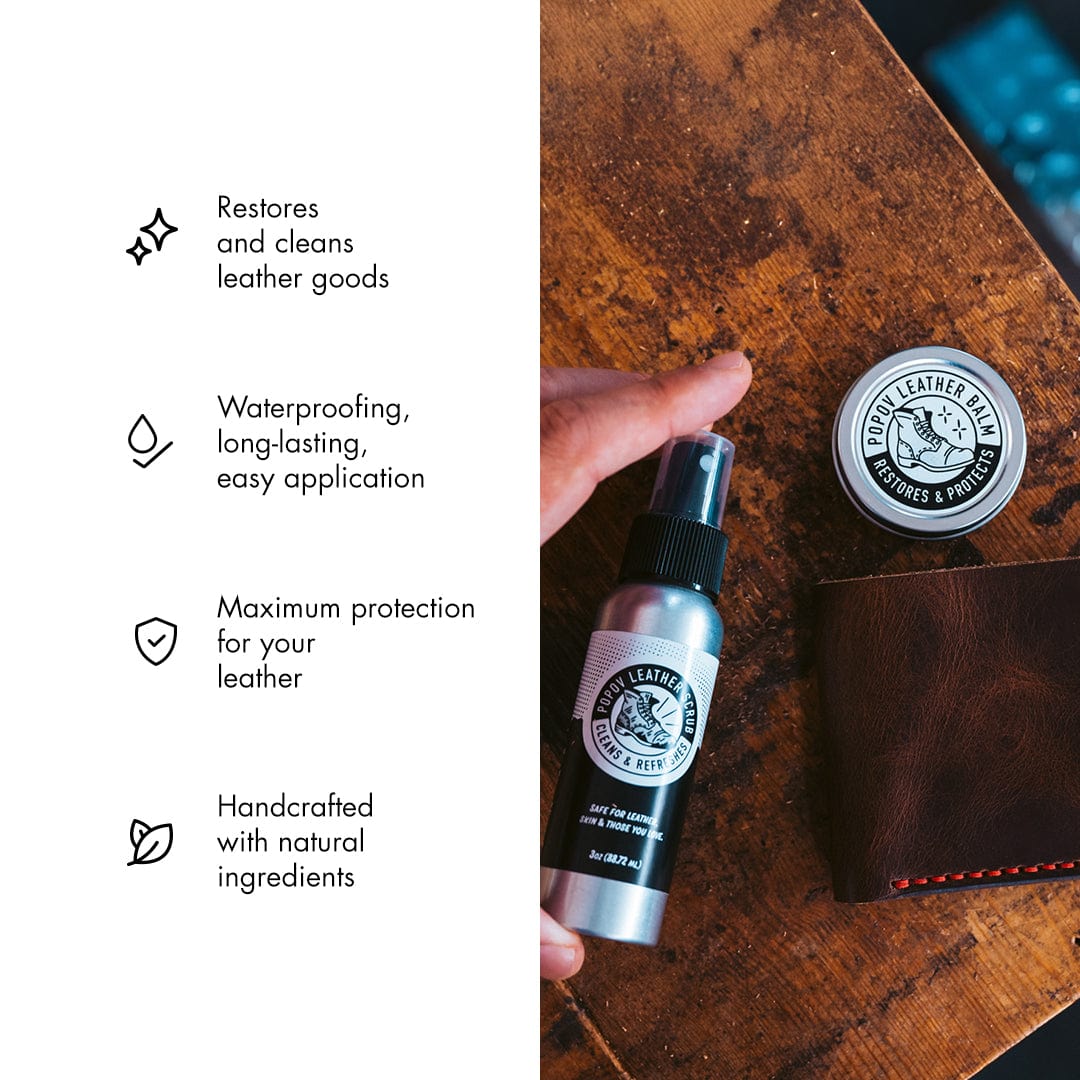Comfort is one of the top reasons to choose a handcrafted leather belt over stiff, synthetic alternative materials. Leather is a material that is durable, but also bends easily. This allows it to adjust to your movement, which keeps you from feeling like it’s digging into you throughout the course of the day.
“I think an underrated feature of Popov's leather is how incredibly supple it is. I've worn a few leather belts in my time, and the higher quality ones you really get this feeling that there's not only sturdy craftsmanship, but its so supple and soft that it doesn't feel like a vise around your midsection. It's really good, and I don't normally pay this much for belts, but it's definitely worth the price for how good a product you're getting.” ~ Liam
The wrong belt is one you’re desperate to take off. After all, the best-looking belt in the world is worthless if you refuse to wear it. The right belt, on the other hand, is so buttery-smooth that your forget that it’s there.
When it comes to comfort, our handcrafted leather belts are the real deal. Our choice to use full-grain leather is as much due to the supple feel as it is due to its quality.
Not only will your belt feel good on the day it arrives at your door, but as you wear it, it will become more and more accustomed to your body. This means that the comfort of this belt will only improve with age.



